We’re excited to introduce you to the always interesting and insightful Amalie Jahn. We hope you’ll enjoy our conversation with Amalie below.
Hi Amalie, thanks for joining us today. What’s been the most meaningful project you’ve worked on?
Each of my projects hold special meaning to me, so trying to chose one to highlight is a bit like choosing a favorite child. I wrote all of my books in response to trauma–death, grief, PTSD, and the like–but the most meaningful project was probably Phoebe Unfired.
Phoebe holds a special place for me for a myriad of reasons. It was the manuscript that landed me my amazing agent. And although it’s the least recognized or acclaimed of my young adult novels, it’s the one I’m proudest of.
The book is about a teenage girl who struggles with anxiety and depression; specifically OCD and germaphobia. Her mental health issues are trauma-induced, much like my own, and telling Phoebe’s story ultimately resulted in me seeking help for myself. Sharing her life on the page, I was able to work out many of my own challenges, especially when it came to advocating for my own needs. She ended up teaching me more about myself than many of the therapists I’ve seen over the years, and I’m hopeful that she’ll help readers who see themselves in her.
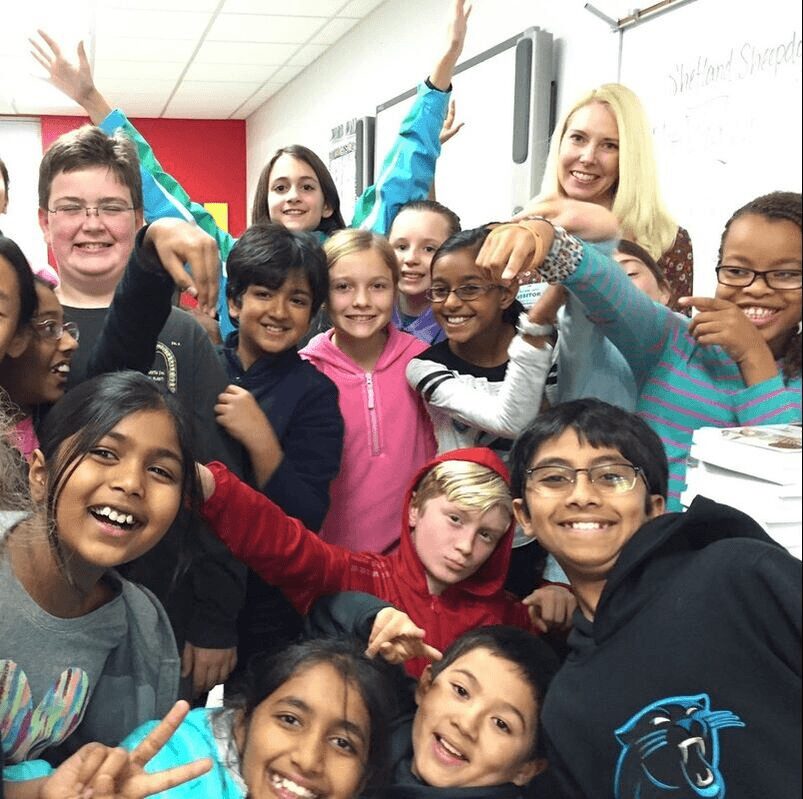
Amalie, before we move on to more of these sorts of questions, can you take some time to bring our readers up to speed on you and what you do?
I am a writer. I’ve always been a writer. Writing has been a cathartic outlet for me for as long as I can remember, and I’m grateful to work in an industry where my stories are able to become both windows and mirrors for readers.
Out of college, I worked as an elementary school teacher where I witnessed students struggling with trauma firsthand. When I was presented with an opportunity to begin writing full-time, I knew I wanted to write specifically for these children, not only so they could see their own stories on the page, but so their classmates could gain insight into their lives through literature. I love when readers tell me they felt less alone after reading my stories. Or that they were better able to understand someone else’s struggles after spending time with my characters. In many ways, we’ve lost our communities in our modern society, but books are a powerful tool for increasing confidence and empathy.
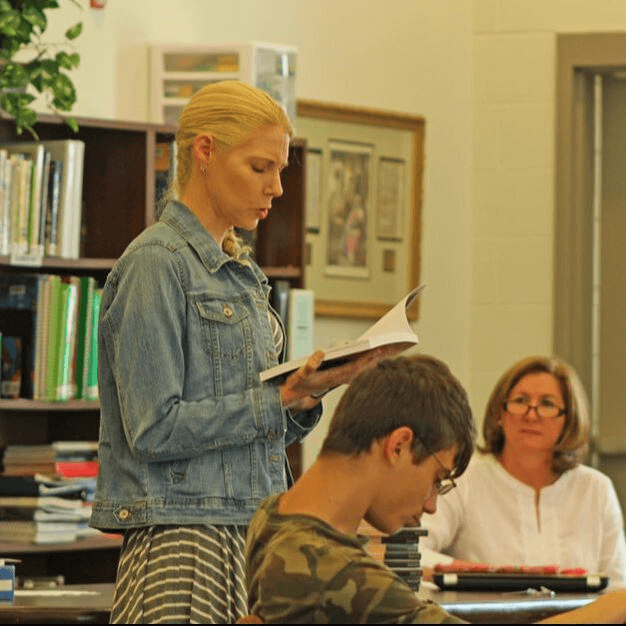
We’d love to hear a story of resilience from your journey.
Every facet of working in the publishing industry demands resilience. It takes years to hone your craft and almost as long to learn the ins and outs of the publishing process. When you think your manuscript is perfect, it’s time to send it to a trusted beta reader for another round of edits. For most authors seeking traditional publication, the querying process is long and involved. After polishing a manuscript, you need to search for agents who represent the type of books you write (and the type of author you are.) You need to craft a query package that grabs the agent’s attention and makes them want to read more. And most of all, you need to be patient.
This is the part of the journey that I believe requires the most resilience because there’s a lot of rejection involved, and in many cases, that rejection comes without any sort of explanation. It’s very easy as a querying author to have doubts. To question whether your writing is solid. Whether your story is actually worthy. Sometimes it isn’t, and the solution is to start again, back at the beginning with honing your craft. But sometimes, all you actually need is a little more time. One more query to one last agent.
And maybe a little luck.
I’ve heard others say that finding an agent is a lot like finding a spouse, and in my experience, it’s absolutely true.
If you’re offered representation by an agent, there will likely be more edits before the manuscript is finally submitted to publishers for consideration. There’s typically a lot of waiting. And more rejection. Sadly, even after you get a “yes” from a publishing house and sign a contract, there are no guarantees. Imprints go under. Editors move on. Plans change.
When your book is published, readers will have opinions. Some will be positive. Others not so much. It’s sometimes hard to recover from a harsh review or unfair critique. The sting may burn for a while.
At the end of the day, though, with so much of the journey out of your control, all you can do as an author is celebrate the victories as they come, no matter how few and far between they may be, and pour your heart into the next manuscript.
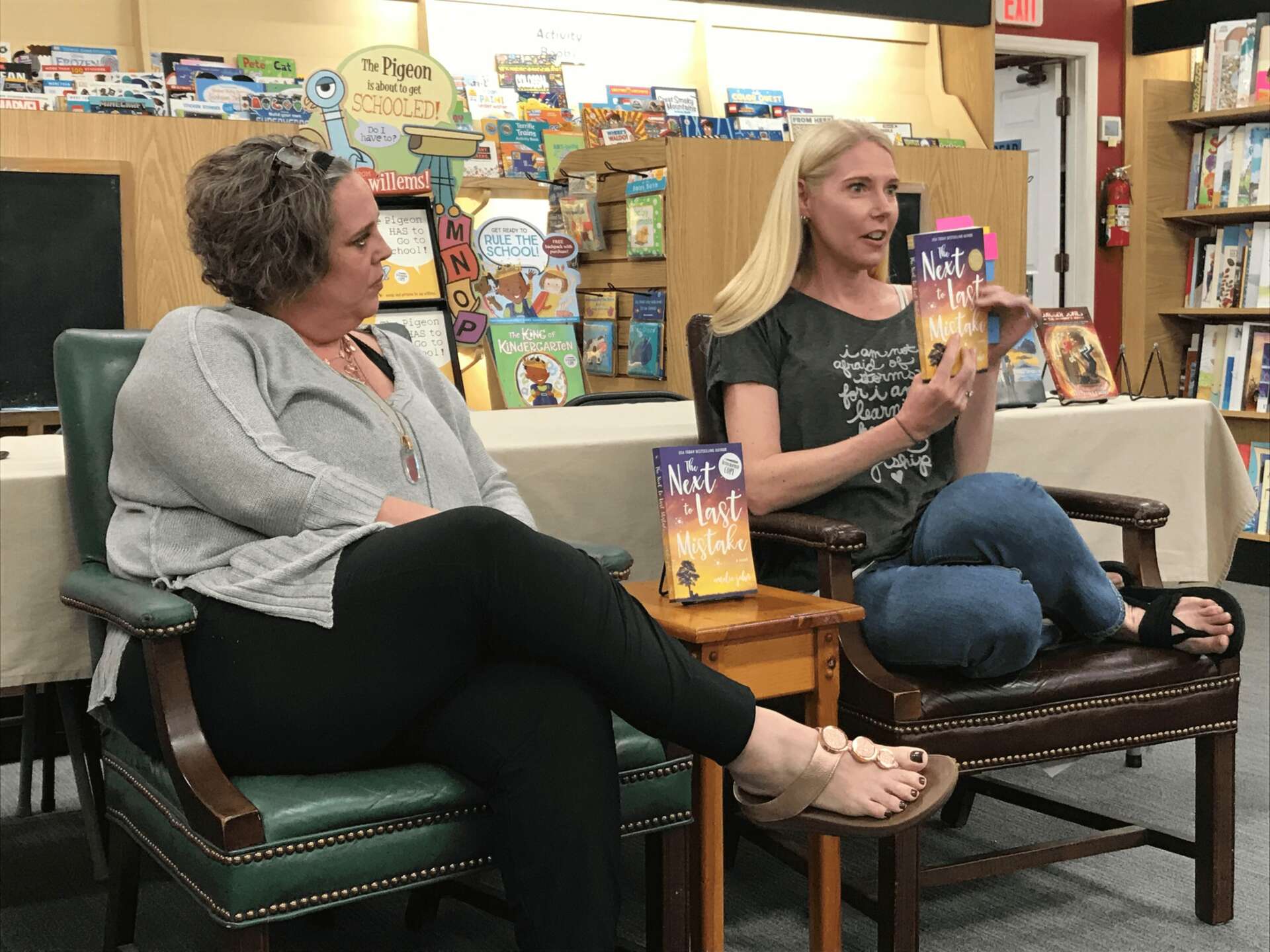
We often hear about learning lessons – but just as important is unlearning lessons. Have you ever had to unlearn a lesson?
As a baby author, I was under the delusion that everyone would love my books. To say my first one star review was a shock would be an understatement. It didn’t occur to me that readers would have opinions about my storytelling, and that they would feel compelled to share those opinions with me.
I would be lying if I said the bad reviews didn’t bother me because for several years they absolutely did, so much so that the feedback started having a negative effect on my mental health. I began believing that people’s opinions about my books were a direct reflection on my personal self-worth.
Then, a very wise author friend shared an analogy with me that changed everything.
She told be about this hypothetical dinner party she threw for everyone in the world where the only food she served was meatloaf.
Suffice it to say, some people were disappointed by the offering. A bunch were vegetarians who complained that they didn’t eat meat. Others said they hated the taste of meatloaf. The texture of meatloaf. The smell of meatloaf.
Then there were the people who liked meatloaf but thought hers had too much filler. Or not enough. Included the wrong spices. Or the right ones in the wrong amounts.
There were people who only liked their mom’s meatloaf.
“Wow,” I said. “That must’ve made you feel terrible.”
“Not at all,” she told me. “My meatloaf wasn’t for them.”
She explained that the vegetarians and meatloaf haters were never going to like her dinner no matter how amazing it actually was. She was never going to please them so their opinions about her meatloaf weren’t valid. There were, of course, people who liked meatloaf who just didn’t enjoy hers specifically. But that was okay, she said, because people are allowed to have different tastes.
“Just because someone didn’t like my meatloaf didn’t mean it was bad. It just meant it wasn’t right for them. Instead of focusing on the people who didn’t like my dinner, I focused on those who loved it. The ones who raved and thought it was some of the best meatloaf they’d ever eaten. Those are the people the meatloaf was ultimately for.”
I’ve carried this story with me for over a decade now, a constant reminder that I’m never going to satisfy every reader, and it would be foolish to even try. Instead, I should concentrate of writing the best stories I possibly can for my target audience and let the rest go.
Make the best meatloaf I can for the people who love meatloaf.
Contact Info:
- Website: www,amaliejahn.com
- Instagram: @amalie.jahn.official
- Facebook: https://www.facebook.com/AmalieJahn/
- Linkedin: https://www.linkedin.com/in/amalie-jahn-96956896
- Twitter: @amaliejahn

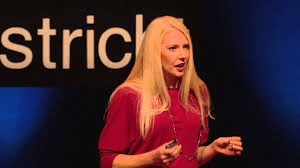
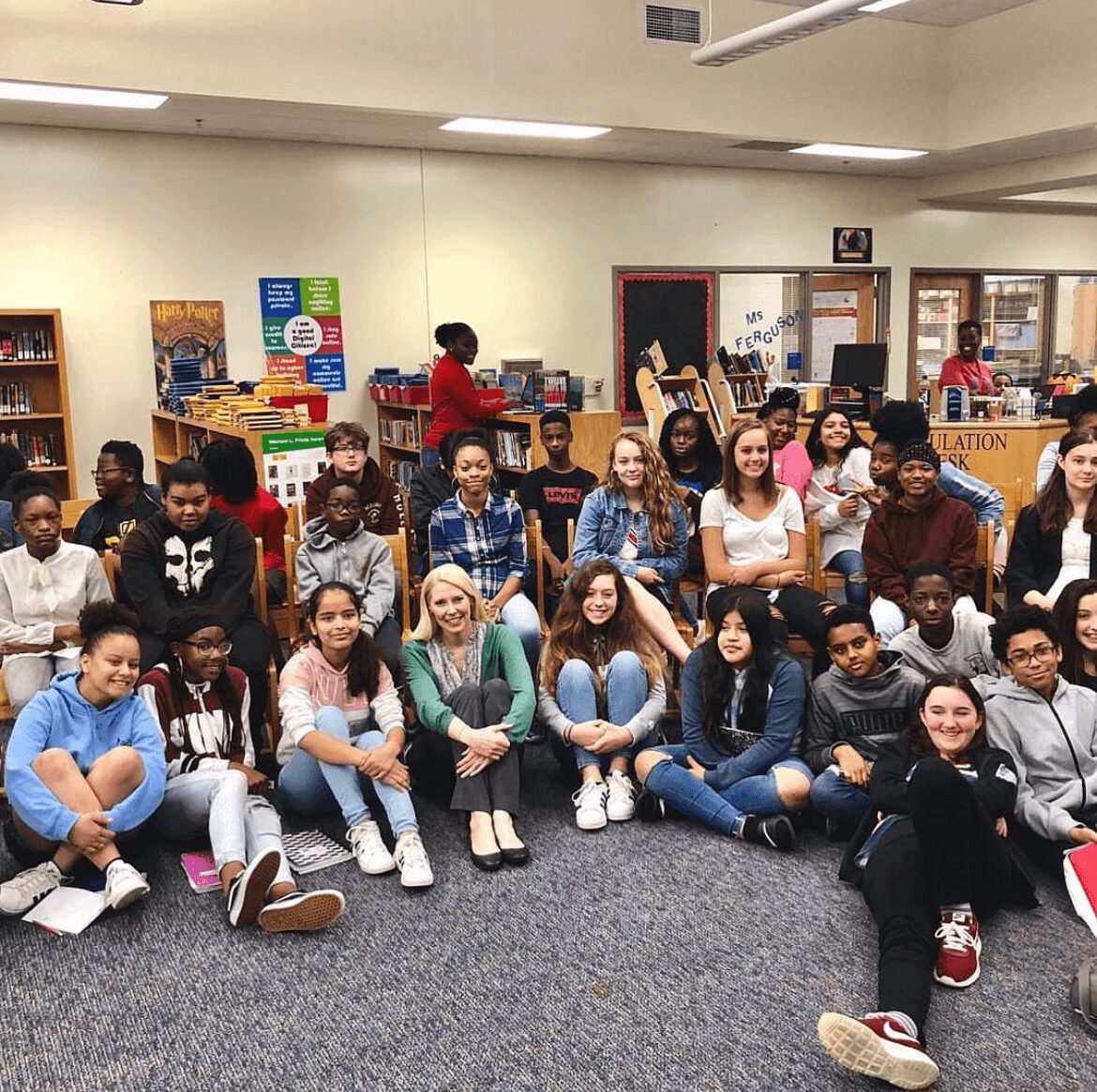
Image Credits
Mary Ickert


